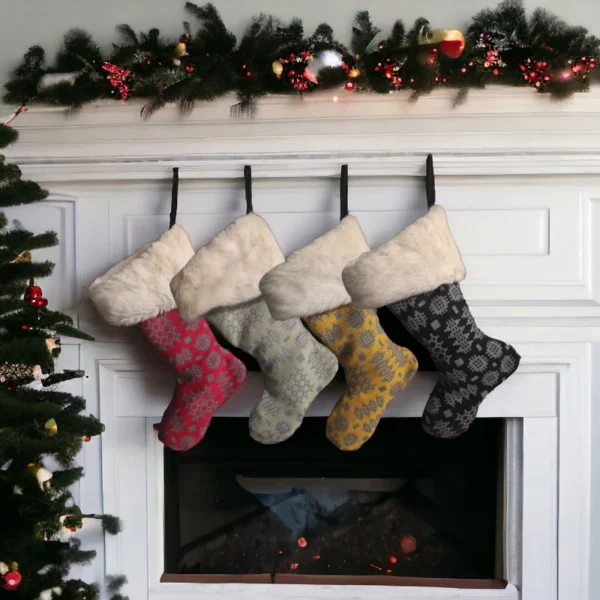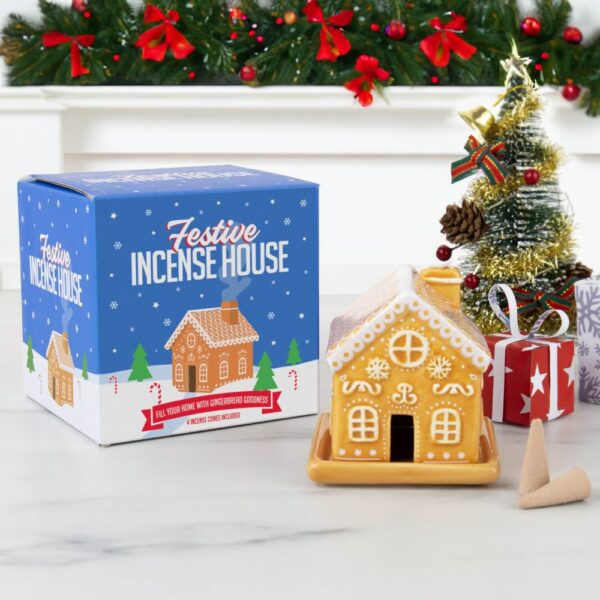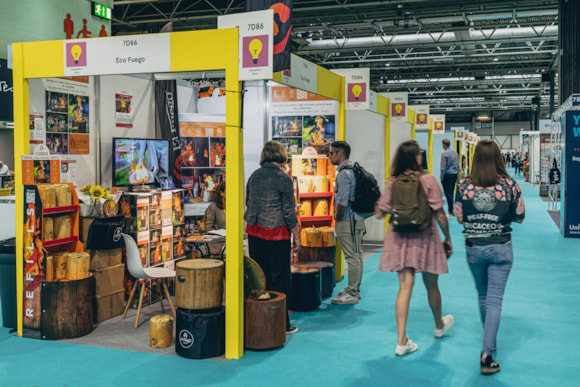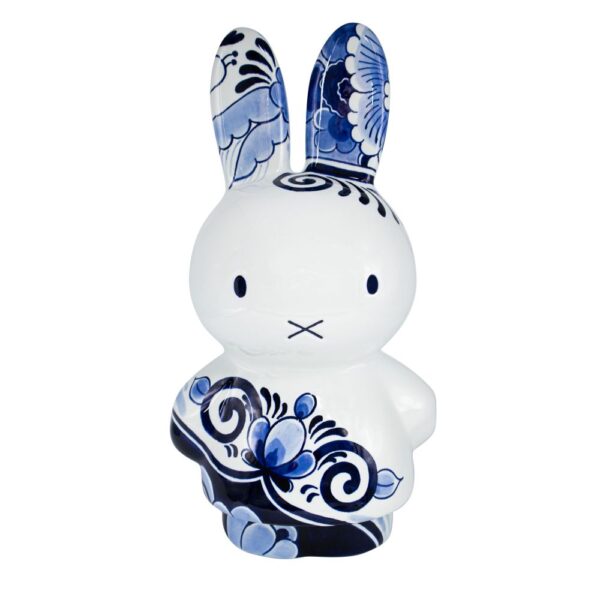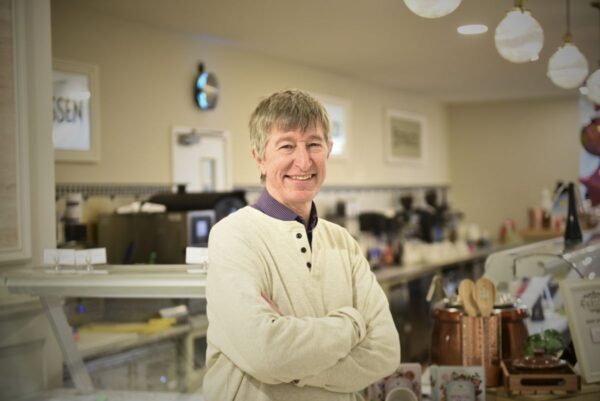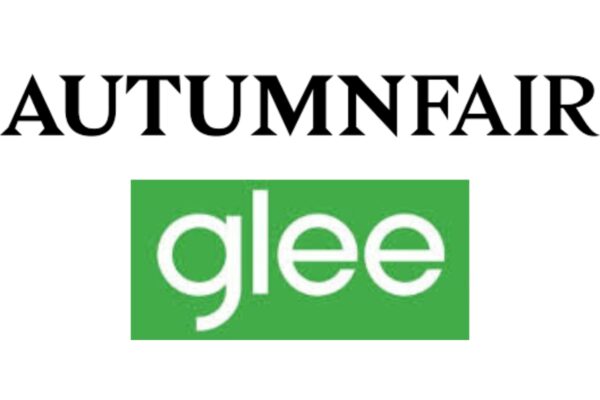 I wonder how many retailers at Top Drawer this week will be searching for UK-made products. If you’re one of them, I’m sure you won’t be alone.
I wonder how many retailers at Top Drawer this week will be searching for UK-made products. If you’re one of them, I’m sure you won’t be alone.
The falling pound and the threat of rising inflation following the Brexit vote will see buyers looking for the biggest bang they can get for their buck from suppliers – and those who deliver great British products at competitive prices are set to benefit. Having had a number of false dawns down the years, it will be interesting to see if ‘Made in UK’ products really take off here in 2017.
Importers will, of course, continue to give retailers the best possible margin they can afford, but the year ahead is going to be challenging for them.
The Federation of Small Businesses has revealed that small business confidence in the last quarter bounced back to the level reported before the EU referendum campaign began.
It has now moved into positive territory, which means that more small businesses feel confident than those that feel the opposite, prompting FSB national chairman Mike Cherry to say that the current economic outlook seems brighter, and UK small businesses are ambitious and want to make the most of it.
He adds: “Small exporters continue their strong rise, as UK goods and services become more competitive overseas and small businesses go out to find new markets and new customers.”
Completing the Christmas picture, data today (Monday, January 16) from the British Retail Consortium and Springboard suggests that the death of the high street has been greatly exaggerated. They say that while last month’s footfall in retail parks and shopping centres fell by 0.7% and 1.9% respectively year-on-year, it actually went up 0.8% on the high street – the first December rise in five years!
It seems that the shift in consumer demand – “from focusing on the purchase of physical goods to encompass experiences” – was responsible.
I interpreted the jargon so beloved by researchers – who said that the high street had been able to “transition quickly via an improved food and beverage offer” – as telling us that as well as buying gifts, fashion items and other stuff we also went there to eat and drink more. This has helped to bring in much needed footfall.
And although, overall, it was 0.2% down on a year ago, that’s a far shallower decline than the 2.2% drop in December 2015.
But before we all get too carried away, the BRC’s chief executive, Helen Dickinson, cautions that e-commerce accounted for nearly a quarter of all purchases in December, suggesting that more shoppers than ever opted to go online rather than hit the shops.
I was shocked when I found out that tax officials are spying on eBay customers’ accounts to obtain the names, addresses, bank account numbers and details of what they sell online. The Daily Mail reported that HM Revenue & Customs quietly acquired powers last September which allows it to snoop on anyone who uses so-called marketplace websites that connect buyers and sellers.
According to the paper, it means teams of investigators now have extensive access to websites such as Etsy – where craft-makers sell items like homemade cards and knitting – and eBay. They can also see customers’ online shopping and sales receipts with payment firms such as PayPal and Worldpay. Under new laws, these websites can now be forced to hand over millions of customers’ details whenever the tax man asks.
The Daily Mail said that HMRC can feed this information into a sophisticated new computer system that flags up anyone who appears to be evading tax. Apparently, you shouldn’t worry if you’re a part-time hobbyist, as experts say that the taxman is only looking for internet sellers who make regular profits or run successful businesses.
But as the paper said, the crackdown will still concern those who sell second-hand furniture or handmade crafts, who may be snooped on even though they owe no tax at all. However, there is some good news: from April, sellers running small businesses online will not be taxed on the first £1,000 they make.
May the retail gods be with you.
Email Alan: ajmonahan@aol.com








